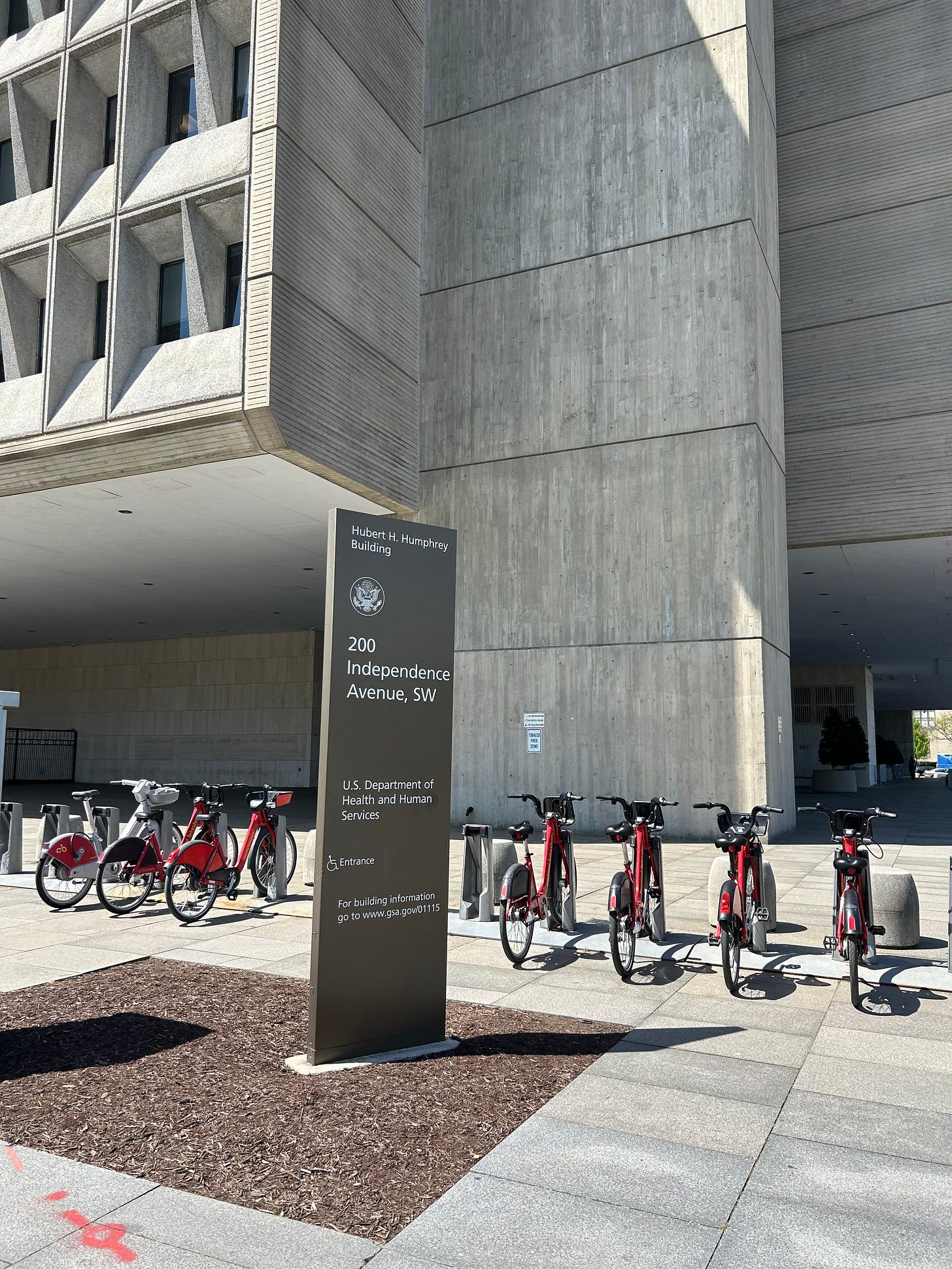Autism registry sparks many questions
Plus: A reprieve for Arizona and Idaho paid parent caregivers; A new study finds a quarter of disability families have higher medical costs; SCOTUS case could wipe out accommodations
It was another yo-yo news cycle this week.
CBS News first reported that “…a new disease registry is being launched to track Americans with autism.” This was based on comments from The National Institutes of Health (NIH) Director Dr. Jay Bhattacharya on Monday.
(…




